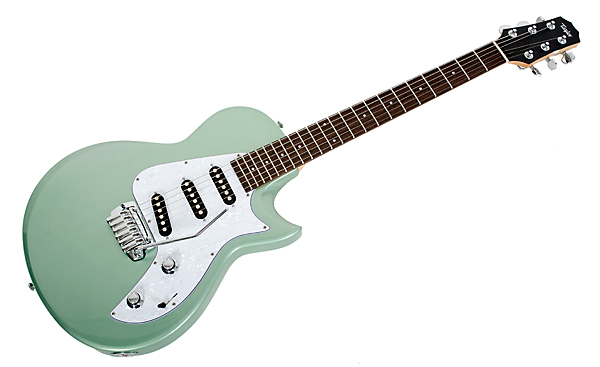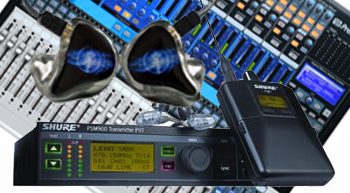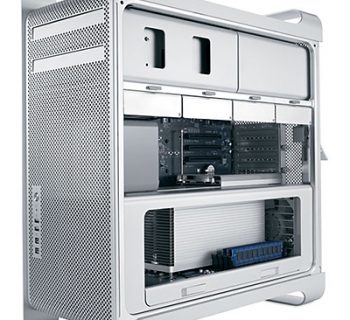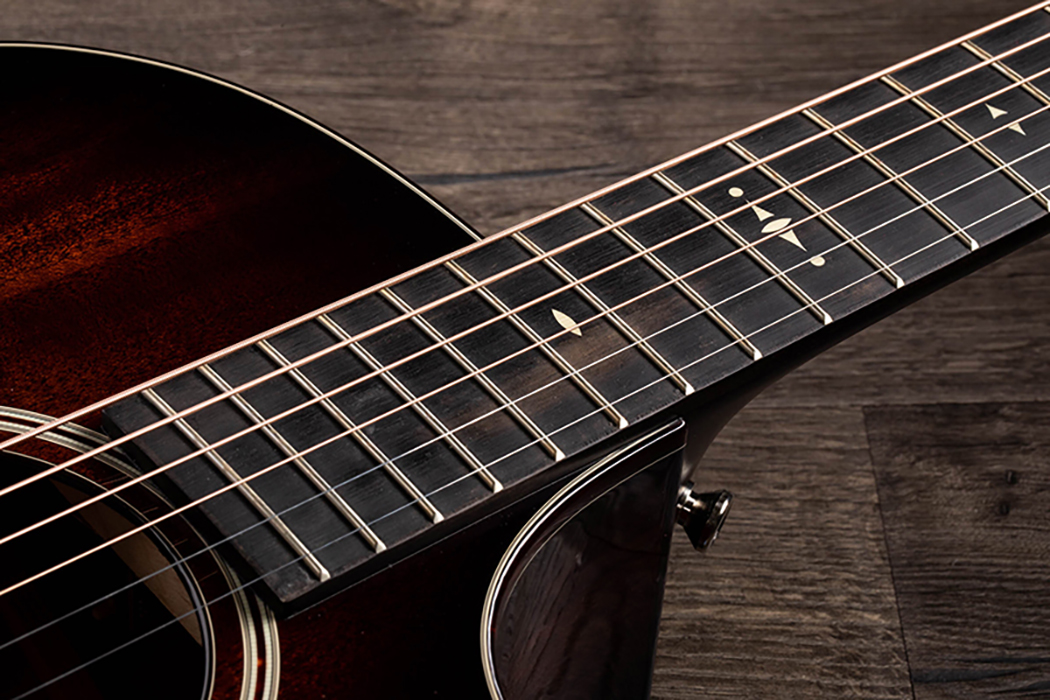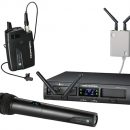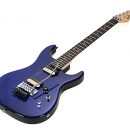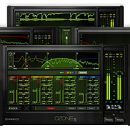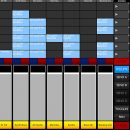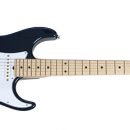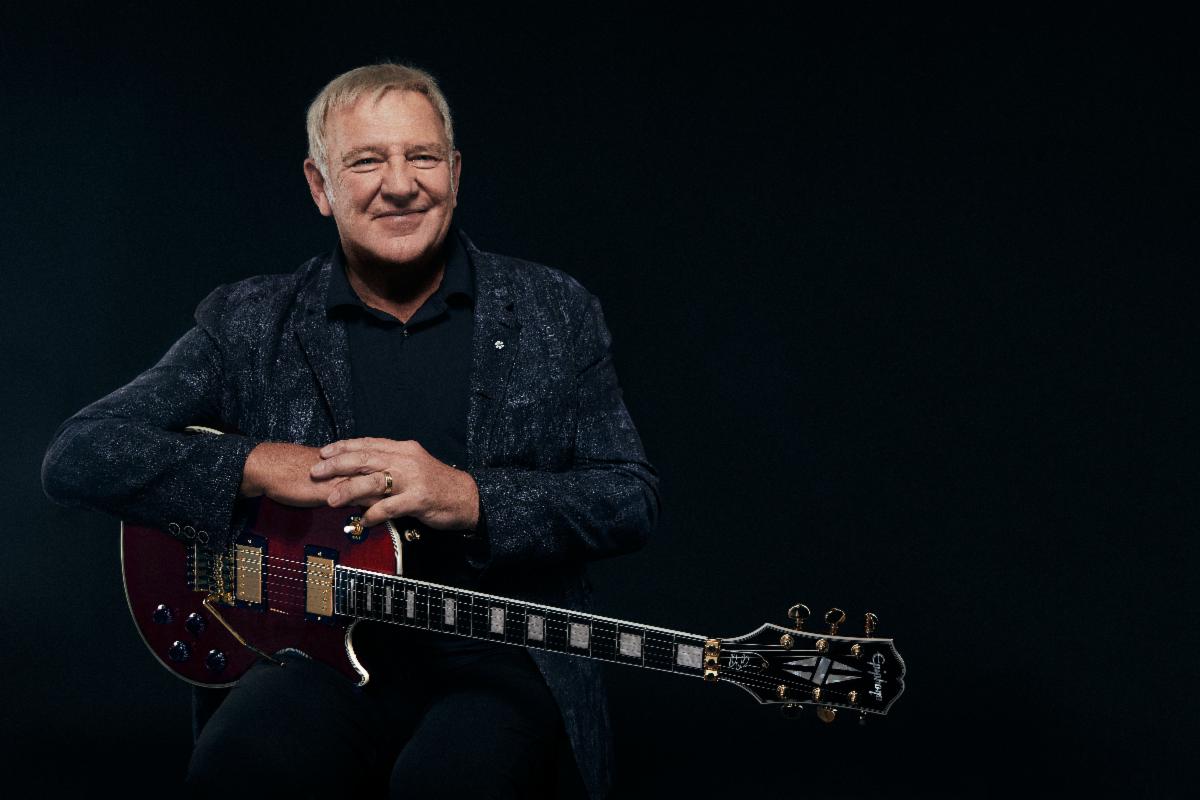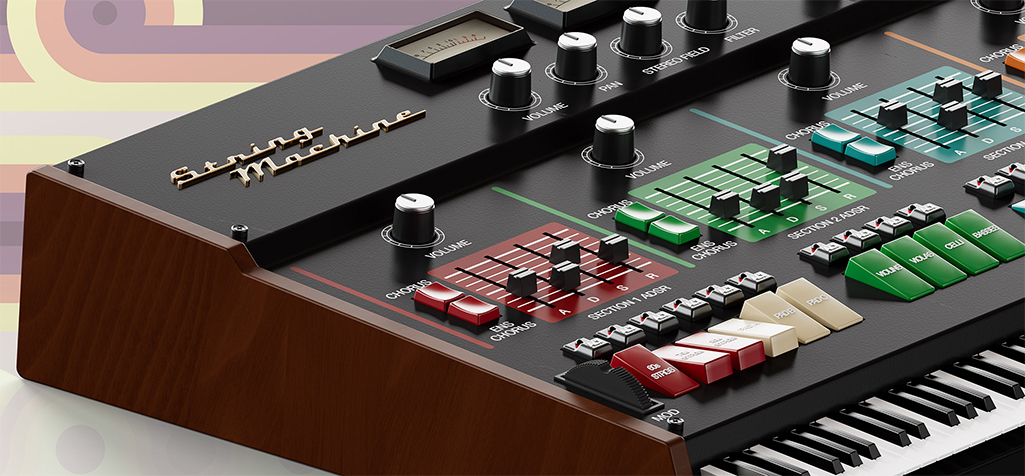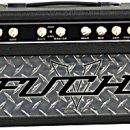Is a formal relationship with your gear maker right for you?
Endorsements are a marketing tool that manufacturers use to help them sell more products.
Your band is making a new record, or perhaps you already have one on the market. You know that you’re a great musician — everyone says so, and it seems only fitting that some gear companies give you an endorsement and some free gear, right?
The bad news is that virtually nobody gets free gear these days — even the heroes you assume get their amps and guitars and keyboards for free have to pay, so if that’s your vision of artist endorsements, you’ll be sadly disappointed. But the good news is that it’s really not too difficult to get an endorsement if you have what the manufacturer wants.
What is an artist endorsement?
Simply put, an endorsement is an official relationship between you and a music equipment manufacturer. They provide equipment to you at a discounted rate — often times comparable to dealer cost — and you promote use of that equipment to an audience of musicians and fans of your music.
Sometimes, builders will make customized instruments for you, as well as provide additional services (more details below). If you’re sufficiently popular, a manufacturer may even decide to turn a custom instrument they built for you into a signature model and sell it as a production model!
Am I eligible for an endorsement?
The most important criteria for getting endorsed is whether or not your band (or your individual work) has sufficient exposure — live shows, recordings, airplay, press — to enable a large number of people to see and hear the equipment you’re endorsing.
Regardless of all the feel-good “we love your music” stuff, at the end of the day, endorsements are a marketing tool that manufacturers use to help them sell more products. If you’ve got a recording project in your basement that isn’t playing live shows, has no distribution deal, and no established fan base, forget about an endorsement. You’re not in a position to help the manufacturer sell more gear.
If, however, you’re in an indie band that is playing clubs, festivals, touring, opening for headliners, etc., you’re very likely to obtain endorsements if you seek them.
It’s not all about original music, though. If you’re in a busy Top 40 cover band that plays weekly shows with crowds of 500 or more people, you are quite likely to obtain an endorsement if you pursue one, too (though some companies may only strike deals with original acts — this will vary, of course).
Even popular music educators are likely to obtain endorsements. If you teach at a well known music school (Berklee, Musicians Institute, The Collective, etc.), you’re in a position to influence many aspiring professional musicians, and this is of value to manufacturers.
Manufacturers expect you to prioritize and highlight use of their gear, and you should be comfortable doing that.
Do I really want an endorsement?
Just because you can get an endorsement doesn’t mean it’s the right thing for you to do. Certainly, endorsements bring with them some nice benefits. First, you get direct access to the manufacturer of your equipment whom you might otherwise never talk to by purchasing music equipment at retail stores. This may lead to ordering instruments customized to your personal specs, and it may result in some special support when things go wrong, or when you have specialized performance needs.
You get great pricing on equipment — typically comparable to dealer cost, which can sometimes be as much as 50% off MSRP. If you’re doing something of special interest to the manufacturer, they might give you an even better deal. The more boutique the builder, though, the smaller the discount may be as their manufacturing profit margins are much smaller than a company with large-scale manufacturing facilities.
Don’t expect to get any of your gear for free. There are very few musicians who receive their gear at no cost — including many major stars, and those who do typically receive the gear in exchange for some very specific contractual agreements.
The Endorsement Deal
Here are a few things you’ll commonly find in a contract if someone is getting their gear for free:
- The artist will appear in advertisements for the manufacturer, along with one or more quotes about their use of the gear.
- The artist will use that gear exclusively in all public engagements/performances.
- The artist may be required to host in-store clinics that feature use of the equipment.
- The artist may be required to promote their use of the equipment in their album liner notes, on their websites, etc., complete with logos and links to the manufacturer’s website.
It is possible that a very large manufacturer may give you some gear for free. But if you’re a fan of premium or boutique gear, there’s almost zero chance that the gear will be free to any musician. For example, when John Petrucci of Dream Theater goes on a new world tour, Music Man isn’t a large enough company that they can afford to give him 20 new guitars, and Mesa/Boogie can’t afford to give him five new Mark V heads.
The cost of those products is simply too great when you consider the actual limited production that those companies are capable of delive
ring. If they have ten huge artists on their endorsement roster, and each artist needs multiple guitars or amps, the companies would go out of business giving all that gear away. Imagine if John Petrucci just got a bunch of new heads for a Dream Theater tour and then Metallica called up for some new Dual Rectifier amps. Things could get out of hand pretty quickly.
One thing is common among all endorsement deals, though: The manufacturers expect you to prioritize and highlight use of their gear, and you should be comfortable doing that. And be prepared — you may be required to purchase more equipment than you specifically want.
Take guitar amps as an example. If you love Marshall amps and obtain an endorsement deal, they are not going to want you to purchase a new head and then stick it on top of your existing Peavey or Orange speaker cabinet. They will want to see their head on top of a Marshall cabinet.
Note: You’re not necessary expected to make any purchase. If you already own musical instruments from the manufacturer (likely), you’ll be using the relationship for its other benefits.
Cymbal manufacturers almost always require exclusive presence in your drum kit. In one endorsement deal we know about specifically, the artist isn’t allowed to have any other brand of cymbals appear in photos with his gear, though he might record with those products as part of his kit.
Can you be happy playing one brand of product, or are you a gear collector? There are plenty of players who use guitars from Fender, Ibanez, ESP, or Music Man exclusively — and they are quite happy, but are you that kind of musician? If you love your collection of guitars from multiple manufacturers, and love your amp switching system that runs between three different amps on stage, an endorsement may not be the right thing for you.
The endorsement deal is typically less exclusive with keyboard companies, as it’s almost unheard of for a keyboard player to only use synths from one manufacturer. However, if you’re at the level where free gear is being offered, a keyboard company might require you to hide the names of any gear on stage for which you don’t have a contractual obligation. I’m sure you’ve seen keyboard players on stage where a synth had its manufacturer’s name taped over with black tape.
Granted, sometimes an artist does that on purpose. After all, why give the manufacturer free advertising if they don’t do anything for you, right? But mostly, there’s a specified requirement to hide the other brand name from the public.
What can the endorsement deal do for me?
This endorsement thing is beginning to sound pretty one-sided, isn’t it? Fortunately, there are more benefits to an endorsement than simply a great gear discount.
While you’re promoting the gear you endorse, the manufacturer will be promoting you, too. They will typically add you to their marketing materials and website as one of their endorsed artists, along with links to your website or myspace page. They may talk about your musical activities in press releases, too. Expect to supply one or more photos of you with their gear for promotional purposes once you get offered the endorsement deal.
Whether or not you make it into print ads for the manufacturer will of course vary based on the commercial success of your band, how exceptional your talent is, how much the manufacturer loves your music, or perhaps just how great a photo you’ve sent them that happens to include you and their gear.
If you’re the next Neil Peart, the drum company you’ve signed on with may help to promote your band in their advertisements because they believe that there is truly something exceptional about your contribution to music.
Your relationship with the manufacturer may yield other fantastic benefits in the form of special support and additional services. This could include some priority treatment when something breaks down, or the company might build you some customized gear. In some isntances, they may even loan you equipment for a one-off show in a remote destination.
When my band had to fly from New Jersey to California to perform two high profile Hollywood shows last fall — a showcase at the famous Whisky followed by a music awards show at the Avalon Theater, the companies whose amps we endorsed were happy to loan us some shiny new gear for those performances so that we didn’t need to bear the expense of shipping our rigs across the country (or renting locally).
Manufacturers aren’t obligated to offer you any kind of endorsement deal.
How do I get endorsed?
Almost all manufacturers have someone in charge of artist relations. If you’re interested in pursuing an endorsement, spend some time researching on the manufacturer’s website. They will most likely have a link and information directing you to their artist relations department or person.
Typically, you’ll be directed to either send an email with links to your music online, or to send a physical CD by mail. In both cases, you need to write a letter/email in which you make clear:
- Who you are. What your band is (sound/style).
- Why you would like to endorse that company’s music gear.
- Why you think you can bring value to the relationship (playing large shows, have a number one radio hit, you just won the Guitar Center bass-a-thon, etc.)
Remember that until you’re a mega-star, you are endorsing the manufacturer more than they are endorsing you as an artist. However, if you’re worth telling the world about, the manufacturer may offer to do things that you hadn’t even considered. If they are big fans of your music, this will certainly help.
Speaking of the artist relations folks liking your music… make sure you’re seeking endorsements from relevant companies to your style of music. For example, if you’re the hottest jazz guitarist at weddings in New York City, your musical background won’t be especially exciting news if you reach out to ESP guitars, primarily associated with hard rock and heavy metal musicians. You aren’t nearly as likely to help them sell more guitars compared to the next guy seeking an endorsement: the guitarist from a hot ’80s hair metal tribute band playing 45 shows per year all over Southern California.
Whatever you say in your introduction to a musical instrument manufacturer, be professional and confident. But always remember that manufacturers aren’t obligated to offer you any kind of endorsement deal. It’s very possible that even though you think you’re in the right musical situation to be worthy of an endorsement, they may still turn you down without any explanation in particular. It could be that they’re just not taking on any new artists, or your style of music doesn’t lean in the direction they’re moving with their product line, or you just may not be as impressive as you think you are — at least to the artist relations person. After all, when it comes to music, beauty is in the ears of the beholder, right?


